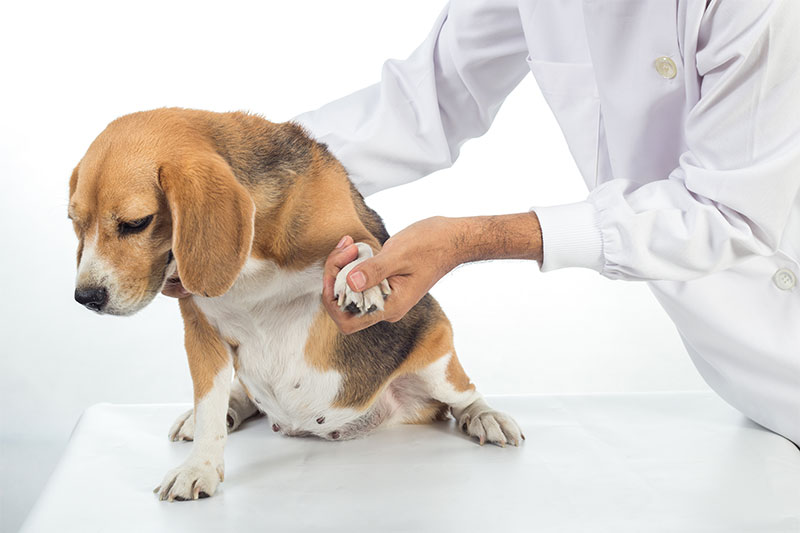
PRP Therapy: Platelet Rich Plasma Joint Injections
White Haven Veterinary Hospital is proud to announce that we are now offering a new service called Platelet Rich Plasma (PRP) Joint Injections. PRP is a form of regenerative medicine that has been used to treat the pain caused by inflammation of joints in pets. If you think your pet might benefit from this type of treatment, we welcome you to read more about this service and its benefits and to call our clinic today to book an appointment!
What is it?
PRP is a type of regenerative medicine in which we use the body’s own cells to heal and regenerate more healthy tissue. It contains a high concentration of platelets with several growth factors to help start the process of tissue repair specifically in joints.
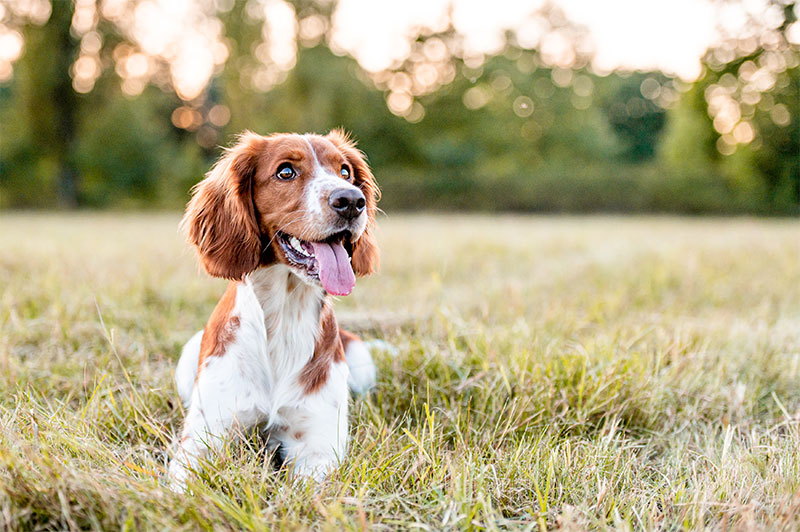
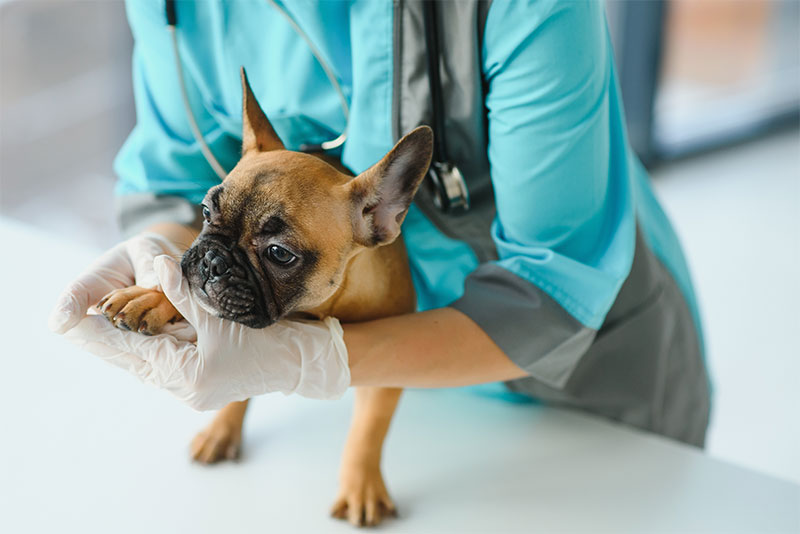
What is it used for?
The most common use of PRP injections is for pain control for osteoarthritis and degenerative joint disease. With these conditions, there is damage and degeneration of the cartilage that lines the joints that normally creates a smooth service for bones to glide on. Because this cartilage wears away with age, it creates a painful bone-on-bone surface. Instead of managing pain with medications such as anti-inflammatories that can have negative long-term side effects, we now can offer an alternative method that targets the underlying lack of cartilage and tries to rebuild new healthy tissue.
What joints can be injected?
- Shoulder
- Elbow
- Carpus (wrist)
- Hip
- Stifle (knee)
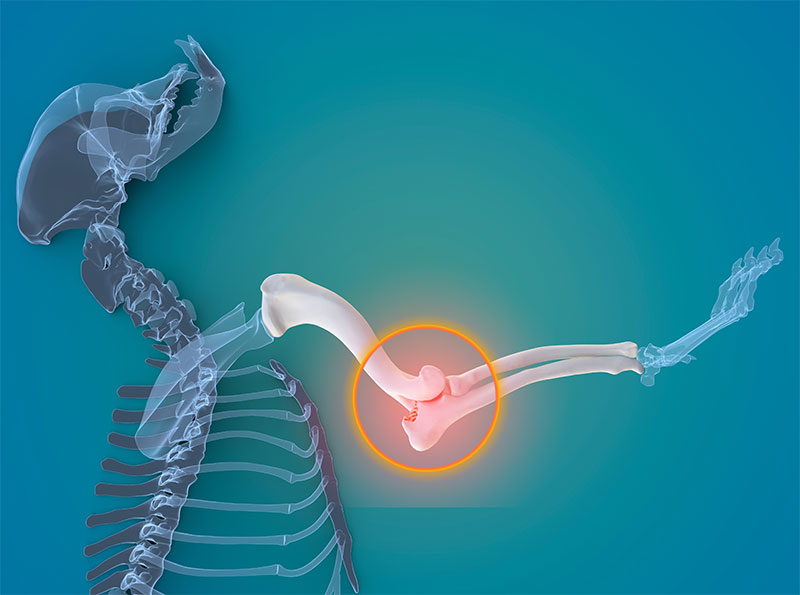
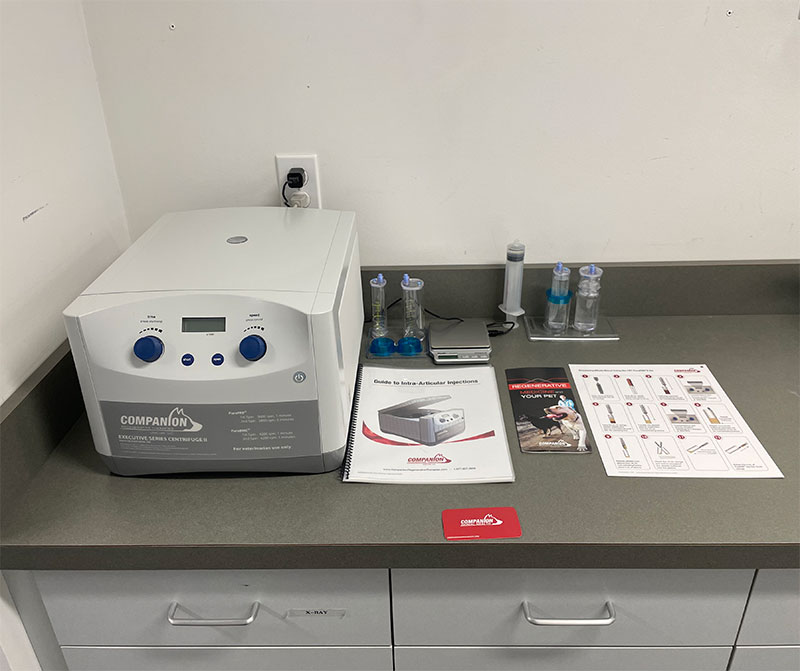
What to expect?
Patients will get an exam and x-rays of the joint to confirm the diagnosis and need for PRP. They will also get blood work to ensure they are healthy enough to undergo sedation. All patients are sedated for the procedure as joints are very small and the placement has to be very precise.
Once confirmed as a good candidate for PRP, blood will be drawn from the jugular vein in the neck using a sterile technique. That blood is then sent through two different spin cycles in a special centrifuge. All that is left after the spin cycles are the platelets.
The affected joint is clipped and prepped with a sterile technique. The platelets are then injected into the joint and the animal is recovered from sedation.
Key Notes
- Patients cannot be on antiinflammatories 10 days before injection or 2 weeks after. We can supplement with other pain medications as needed.
- Some severe arthritis cases will need a second injection 14 days later. Injections usually last for 6-8 months.
- Usually, 2-3 joints can be injected at a time.
- Patients can be more sore for the first 48-72 hours following the injection before seeing any improvement.
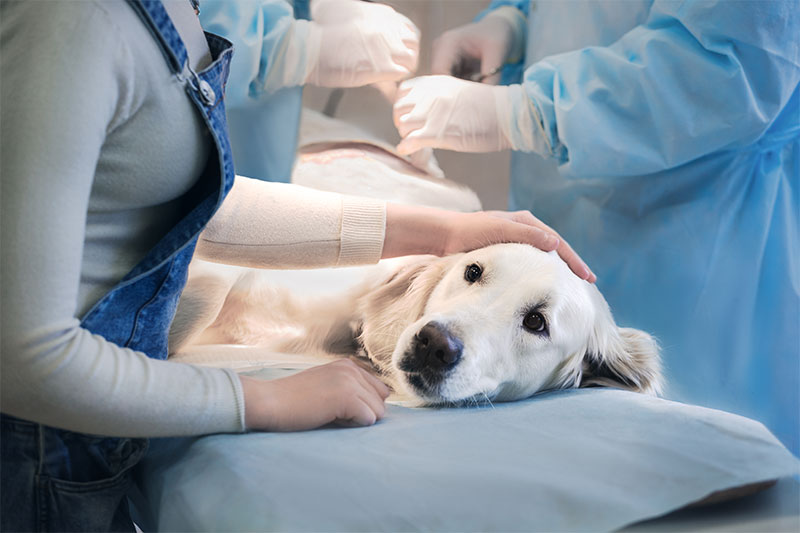
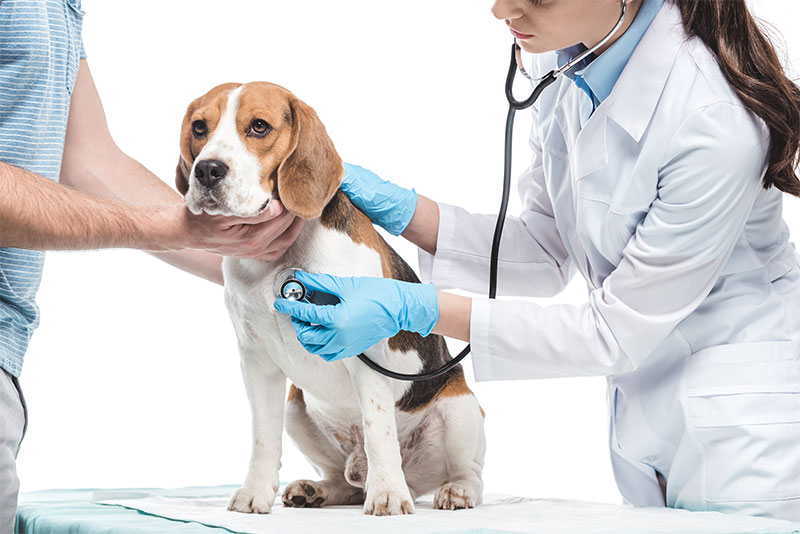
Schedule your Pets first PRP Therapy Session Today!
If your furry family member is suffering from joint pain, and/or arthritis due to old age or injury, PRP Therapy could be the solution you are looking for. Here at White Haven Veterinary Hospital, we are pleased to be able to offer this advancement in Veterinary Medicine to new and existing clients! Call us today to speak to one of our experienced Doctors and we are happy to answer any questions you have.








